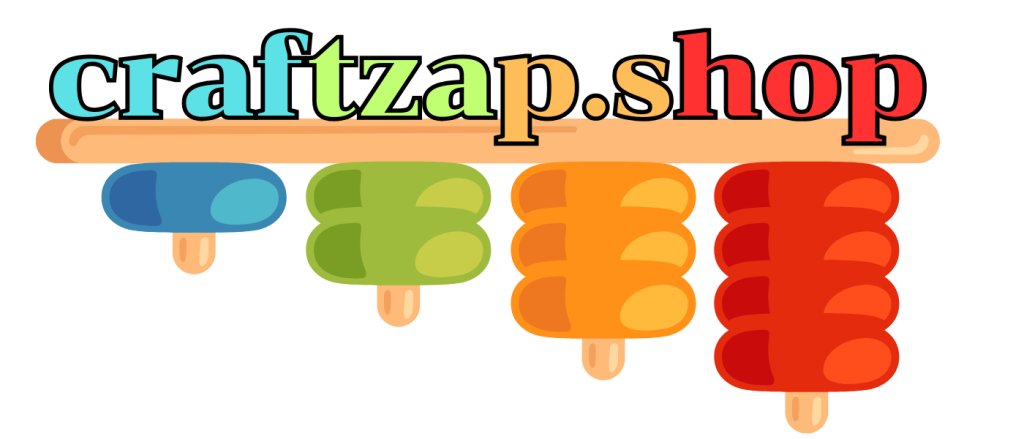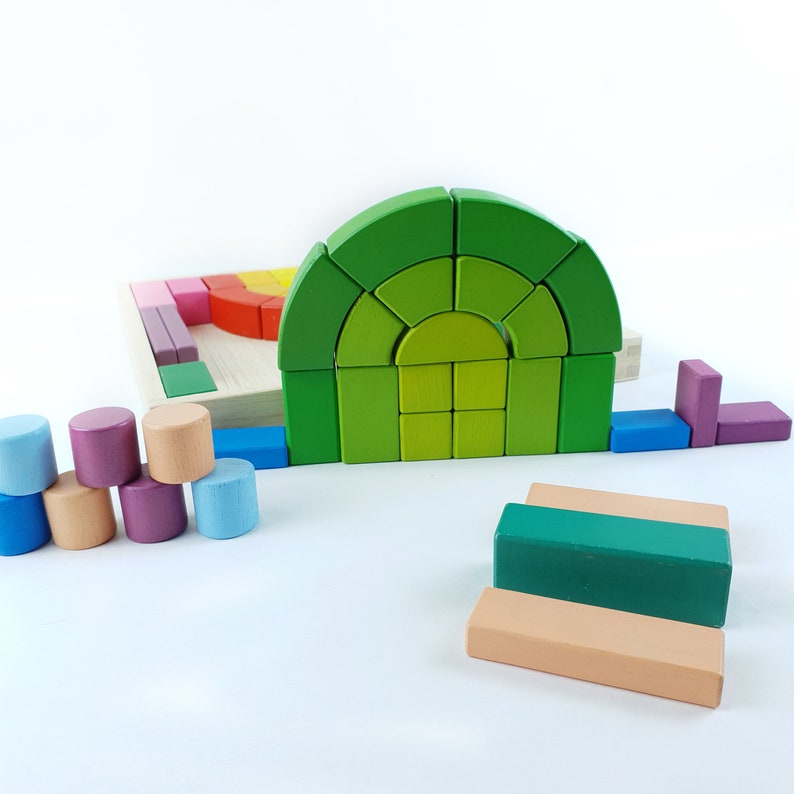News
How to Start a Successful Handmade Montessori Toy Business from Home
Starting a handmade Montessori toy business from home is an exciting and fulfilling endeavor, especially with the increasing demand for educational and creative toys. As parents seek more meaningful, developmentally appropriate toys for their children, Montessori-style wooden toys offer timeless opportunities for growth. Whether you’re passionate about crafting stacking toys, puzzles, or educational blocks, there’s a growing market for handmade Montessori products. However, building a successful business from your craft requires careful planning and dedication. Here’s how to start and grow your handmade Montessori toy business from the comfort of your home.
1. Finding Your Niche
Keywords: Montessori toys, handmade educational toys, wooden toy market, crafting niche
Why It’s Important: Identifying your niche is one of the most essential steps in building a handmade Montessori toy business. This involves defining what specific type of toy you’ll create and who your target audience is. A niche helps you focus your efforts and set your business apart in a competitive market.
To find your niche, ask yourself:
- What types of Montessori toys do I enjoy making?
- What skills do I excel at in woodwork or toy crafting?
- What needs are currently underserved in the Montessori toy market?
Research is vital at this stage. Check out popular platforms like Etsy or Instagram to understand what types of Montessori toys are trending. For example, you may discover a demand for beautifully crafted wooden stacking toys or educational toys focused on early math and shape recognition. Once you find your niche, focus on creating a unique brand identity that resonates with your target market.
2. Crafting High-Quality, Educational Toys
Keywords: high-quality Montessori toys, wood selection, craftsmanship, product durability
Why It’s Important: The quality of your toys is a direct reflection of your brand and its reputation. Parents are willing to pay a premium for toys that are safe, durable, and offer real educational value. Each toy you craft should be made with attention to detail and care, ensuring it meets Montessori principles of hands-on learning.
To ensure high-quality toys:
- Use premium, child-safe materials such as sustainably sourced wood and non-toxic paints.
- Focus on craftsmanship: Make sure each toy is smooth, well-finished, and free from sharp edges.
- Test the durability of your toys, ensuring they’re sturdy enough for the rough play of young children.
3. Building Your Online Presence
Keywords: Montessori toy business website, Etsy shop, social media for handmade toys
Why It’s Important: A strong online presence is essential for attracting customers and growing your business. Setting up an online shop and leveraging social media platforms allows you to reach a wider audience and build a loyal customer base.
Etsy and Online Marketplace Setup:
- Create a professional storefront with high-quality photos and clear, engaging descriptions of your products.
- Ensure your branding (shop name, logo, and packaging) is consistent and appealing.
- Optimize product listings with relevant keywords to increase visibility in search results.
Creating Your Own Website:
- Use platforms like Shopify or WooCommerce to set up your e-commerce store.
- Ensure the site is user-friendly, secure, and mobile-optimized.
- Include essential pages such as an About section, product listings, and a contact form.
Social Media Marketing:
- Showcase your products and the craftsmanship behind them on Instagram and Pinterest.
- Share educational content that highlights the developmental benefits of your toys.
- Engage with followers and respond to inquiries promptly.
4. Pricing Your Handmade Montessori Toys
Keywords: pricing Montessori toys, craft pricing strategies, handmade product pricing
Why It’s Important: Pricing your products can be tricky—it’s essential to balance profitability with fairness. Many new business owners underprice their products, which can harm your business in the long run.
When pricing your toys, consider:
- Material Costs: Include the cost of wood, paints, and other materials.
- Labor Costs: Factor in the time spent crafting each toy.
- Overhead Costs: Account for packaging, shipping, and marketing expenses.
- Profit Margin: Aim for a reasonable margin that reflects the value and uniqueness of your handmade Montessori toys.
A simple pricing formula might be:
(Materials + Labor + Overhead) x 2 = Wholesale Price
Wholesale Price x 2 = Retail Price
Regularly review your pricing strategy as your business grows to ensure it remains competitive while still profitable.
5. Managing Production and Inventory
Keywords: inventory management, craft production, handmade toy scaling
Why It’s Important: As your business expands, effective inventory management and production planning become critical. Streamlining these processes ensures you can fulfill orders efficiently without compromising quality.
To manage your production:
- Track Materials: Keep a close eye on material levels to avoid running out of stock.
- Batch Production: Group similar tasks together to increase efficiency (e.g., cutting all toy parts in one go).
- Inventory Software: Consider using software to help track stock and sales as your business scales.
Maintain clear communication with customers, especially if you offer custom or made-to-order items, to ensure they know expected delivery times.
6. Marketing Your Handmade Montessori Toy Business
Keywords: marketing handmade toys, social media promotion, craft product advertising
Why It’s Important: Marketing is key to growing your brand and attracting new customers. Since you’re starting small, it’s best to focus on low-cost marketing strategies to build awareness.
Effective marketing strategies include:
- Social Media Marketing: Showcase your toys and educational content on Instagram and Pinterest. Behind-the-scenes videos and product tutorials are great for engaging audiences.
- Content Marketing: Start a blog or video series that shares Montessori parenting tips, toy guides, and product highlights.
- Email Marketing: Build an email list and send newsletters about new products, offers, and business updates.
- Influencer Marketing: Collaborate with mommy bloggers or parenting influencers to feature your toys on their platforms.
7. Offering Exceptional Customer Service
Keywords: customer service for handmade toys, personalized experience, product satisfaction
Why It’s Important: Providing excellent customer service is essential for building trust and loyalty. Happy customers are more likely to return and recommend your toys to others.
To offer outstanding customer service:
- Communicate Promptly: Respond quickly to inquiries and order updates.
- Personalize the Experience: Consider including a handwritten note or custom packaging with each order.
- Handle Issues Gracefully: If a problem arises, address it quickly and professionally. Offering a replacement or refund when necessary fosters trust.
Conclusion
Starting a handmade Montessori toy business from home allows you to share your creative passion while providing parents with meaningful, high-quality educational products. By finding your niche, crafting exceptional products, establishing an online presence, and delivering excellent customer service, you can build a successful venture that fosters creativity in children. Stay committed, keep refining your approach, and watch your business grow alongside the expanding handmade toy market.

